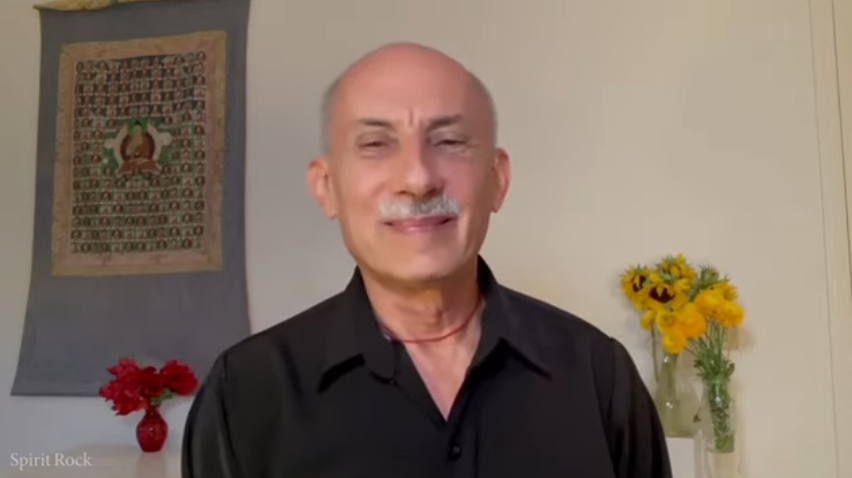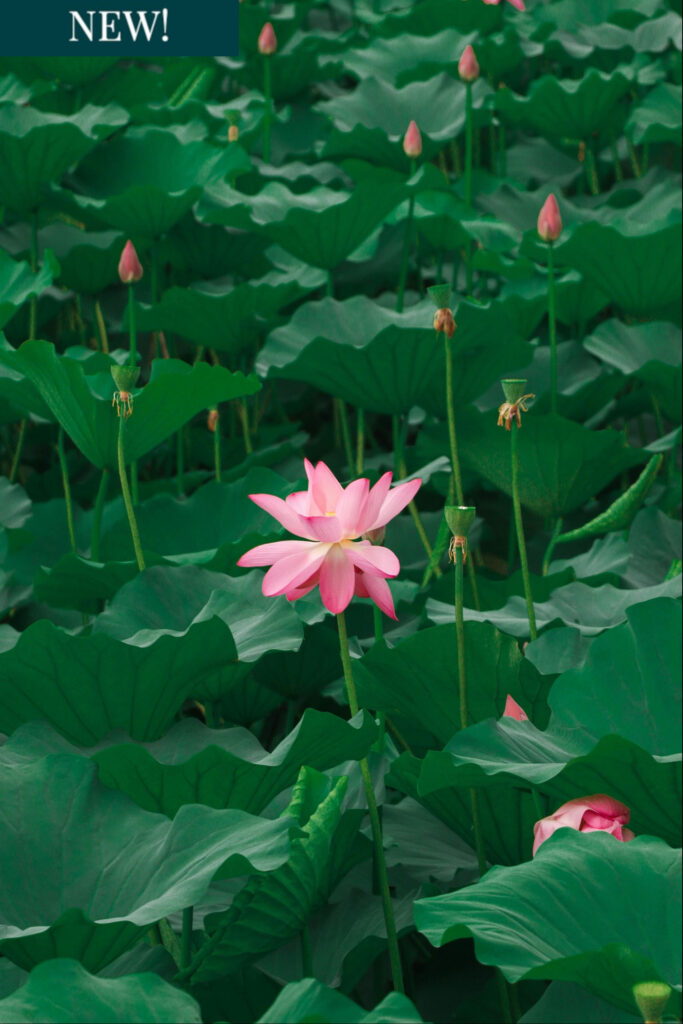On this episode of Heart Wisdom, Jack helps us figure out how to come back to our lives after a retreat, explores the power of intention, and the role of the Bodhisattva.
Show Notes
How Do We Leave The Temple? (Opening) – How do we leave a spiritual retreat and reintegrate into our lives out in the “real-world?” Resuming our roles at work and in our relationships, returning to the madness and the beauty of it all.
Don’t Judge (1:30) – The first simple step to help come back into the world with our renewed spirit is to try not to be judgmental. Our mind has a mind of its own, but we must remember not to judge ourselves or others.
If we allow ourselves to become a stream of benevolence, we will find compassion that negates the judgments our ego presents.
“It never hurts to see the good in someone; they often act the better because of it.” – Nelson Mandela.
Wise Intention (4:40) – When you leave a retreat, you leave with the gifts of mindfulness and compassion. A key of mindfulness and compassion which is essential to Buddhist psychology is the key of wise intention.
Your intention is everything; your intention is that which creates the unfolding of your life and Karma.
“If you study all the texts that talk about dying, you know at the moment of death there is weighty karma, habitual karma, or random karma. The most powerful one is the habitual karma or the most significant one. What we practice becomes who we are next.”
Long Term Intention (14:40) – Another aspect of intention is long term intention. This intention is the long term intention. Finding long term intention is a way of setting the compass of the heart.
Directing our power of intention in a positive forward direction is essential. After a spiritual retreat, it is important to focus our intention on our path beyond the moment.
The Bodhisattva (22:20) – A Bodhisattva is a being who is committed to compassion and tending life in all its forms, no matter what. The secret of the Bodhisattva is to act well without attachment.
“Do not depend on the hope of results; you may have to face the fact that your work may be worthless and achieve no result at all, if not perhaps at times bring about its opposite. As you get more used to this, you start more and more to concentrate not on the results, but on the value, the rightness, and the truth of the work itself.”– Thomas Merton
What you start to feel when you practice this loss of attachment is a shift in identity.
Becoming A Bodhisattva (29:20) – When we open our heart and practice compassion, we can fulfill our purpose in our human incarnation. A key to becoming a Bodhisattva is to be able to be present and not be limited by circumstances.
Yes, You (38:00) – When we think of the role of Bodhisattva, it is easy to believe we are not and cannot be such a being. However, we each have this potential. We are all unique and must trust that we have something beautiful to offer.
It is important to trust that we have the capacity and capability to practice mindfulness, compassion, loving awareness, and forgiveness in a way that is beneficial to the world.
No Fear, Just Love (46:00) The Bodhisattva is not afraid to love. We must be unafraid to love, but also be unafraid to be happy. Allowing ourselves to be happy is harder for some of us than others. Remember, though; no one can stop your love, and it is never too late to start loving everyone today.





